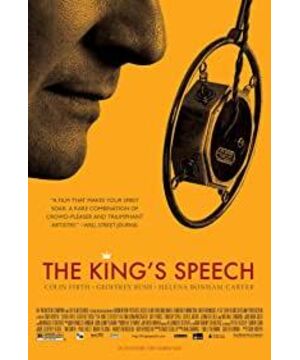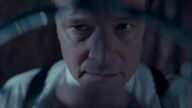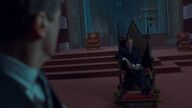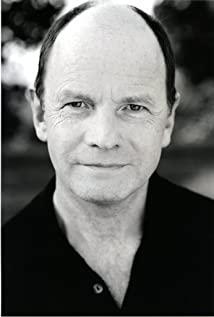The earliest memory should be kindergarten. When I went to treatment when I was a child, the doctor said that I belonged to the "initial" stuttering, but it was not very serious. He also taught me some methods: deep breathing, using body language, rhythm, etc. (some methods. I'm still using it).
I was definitely discriminated against when I was a child, but it was probably because I was popular and people didn’t laugh at me too much, but the problem was still there. When I grew up a little, because I needed to speak in school, there were more scenes that needed to be performed, which exposed my weaknesses. I remember most clearly that I was nervous every time the teacher called me, because I couldn’t do it well. To say "to" (the consonant beginning with D), I also used the method in the video, adding a very small "yes" in front of to...
I believe that stuttering is caused by lack of confidence and nervousness. As I get older, I have more opportunities to exercise and speak. Although I have not received special treatment, my problem has gradually improved. After speaking in front of a few hundred people, it becomes easy to speak in front of dozens of people. Of course, there are still times when I make a fool of myself, but I will use these as motivation, and I will continue to practice in the future. Practice, and the next time will be much better than the last time. Now I don't have much trouble with this.
The help of my family is also very important. When I was a child, my mother specially sent me to the "storytelling" class to keep me practicing and encouraged me. My father always asked me to read aloud in the morning, including my wife. They will all weaken my dead spot, saying that it doesn't matter, this is because my brain is smart, language can't keep up with my thinking, and subjectively doesn't burden me. In fact, I was really moved when I saw his wife's expression when the king gave his speech at the end. I could deeply understand my wife's feelings.
My feeling in the past few years is that stuttering will not be completely cured (like the doctor said to the king at the end of the film: your W pronunciation is still a problem) - although I can now do SPEECH very fluently (very lucky, I should be better than the king Much better), but some consonants are still slightly difficult to pronounce and require methods such as body language. But now it is very natural, 99% no problem. I also know very well that this 1% will follow me for the rest of my life, but it is no longer a problem.
I want to say, practice makes perfect. Only constant practice can make a person more perfect. One minute on stage, ten years of hard work off stage, the stupid bird will fly first, and God will reward you for your hard work. Having a stutter isn't my problem, but it must be my own problem if I'm afraid to face it and don't practice to overcome it and let it kill my self-esteem.
Finally, I would like to condense the experience of the past few years into one sentence: the brave person is to move forward with fear.
Hope all people with speech impairments can keep practicing and aresing it. Because it must be overcome.
View more about The King's Speech reviews











